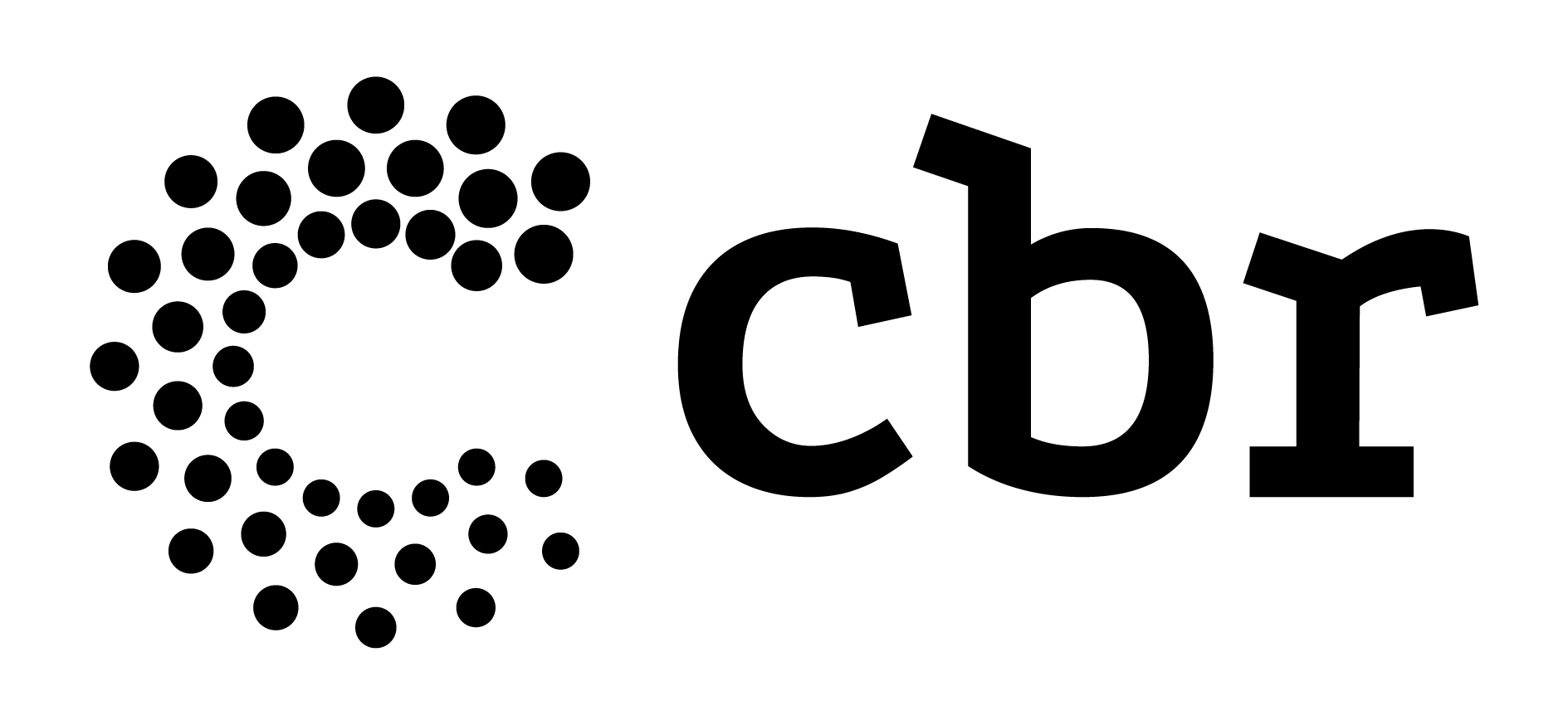Health care companies often disqualify professionals who provide services to them without any justification. To this end, they use a generic provision present in all contracts of this nature, which allows the termination of the agreement without just cause.
The issue has already been brought to the attention of the Judiciary by harmed professionals, who argue that Resolution nº 1616/2001, of the Federal Council of Medicine (CFM), in its article 1, prohibits the dismissal of the physician without just cause, being the right of defense is guaranteed, in the following terms: “The dismissal of a physician bound by referral, accreditation or association with a health plan operator is prohibited, except for a reasoned and fair decision, guaranteeing the physician the right of defense and adversary proceedings in the scope of the operator”.
However, the State Courts continue to approach the matter with some caution. In general, the decisions found recognize the legitimacy of disqualification, even if unaccompanied by a just reason, provided that the formal requirement provided for in the contract is observed (prior notice).
The arguments used by the judges are, in summary: (a) the possibility of unilateral termination of the contract is allowed by the Civil Code (article 473); (b) CFM resolutions do not override the Law and do not oblige health plan operators.
There is a relevant precedent extracted from a decision handed down by Judge Cláudio Luiz Bueno de Godoy, then a member of the 1st Chamber of Private Law of the Court of Justice of the State of São Paulo, which, despite having been defeated in the judgment of appeal no. 9162054-76.2008.8.26.0000, brought new elements capable of raising more relevant discussions on the subject.
The judge claimed that the contracts in question – formalized between doctors and health care companies – invariably produce reflections on the rights of consumers who use health plans, a fact that would be enough to mitigate the principle of private autonomy that allows companies to companies the unjustified disqualification.
According to the logic used in the decision, it is necessary to preserve trust in this specific sector of the consumer market, which is particularly important insofar as it is related to the service of basic value that is health, being rigorous the maintenance, in this way, of the contracts with the insured and referenced.
There is also another ground of equal importance: unilateral disqualification, in certain cases, represents a clear violation of the principle of objective good faith, as it implies a breach of the duty of loyalty and cooperation that must guide all legal relationships.
The reason for disqualification, therefore, should always be technical, not commercial. The contractual principles established in the Civil Code are tools capable of changing some paradigms and allowing medical professionals to curb abusive conduct perpetrated by health plan companies – despite the shyness of jurisprudence in adopting such an understanding.
Dr. Alan Skorkowski
CBR legal advice




